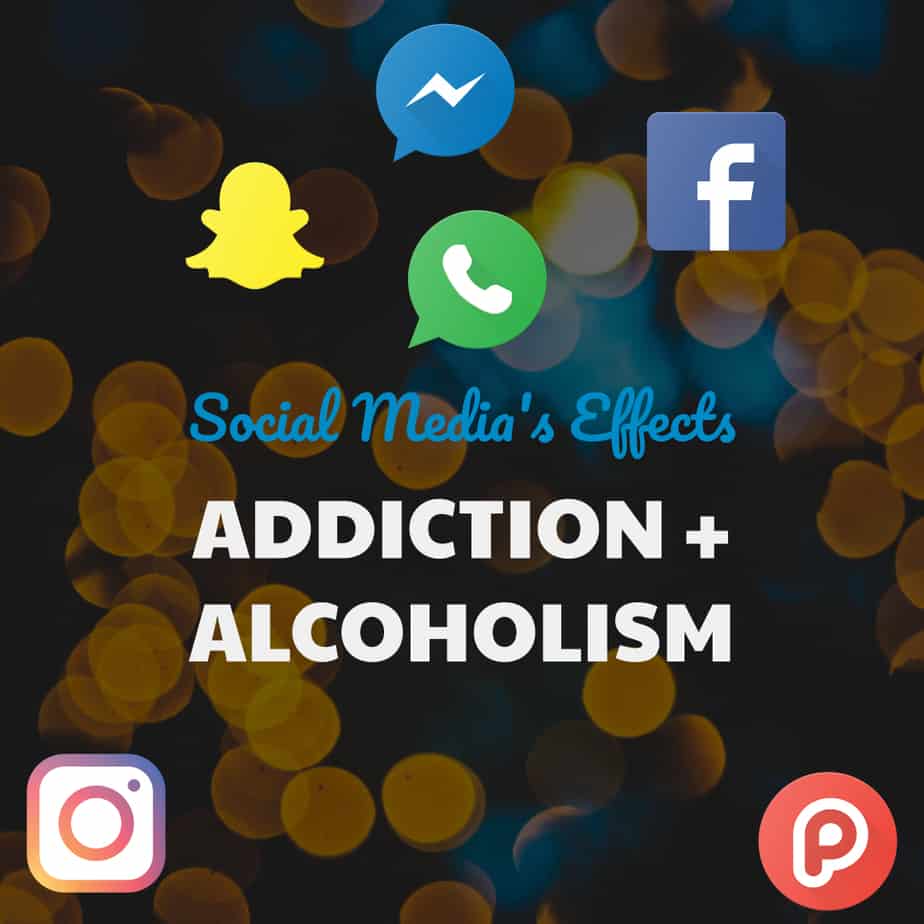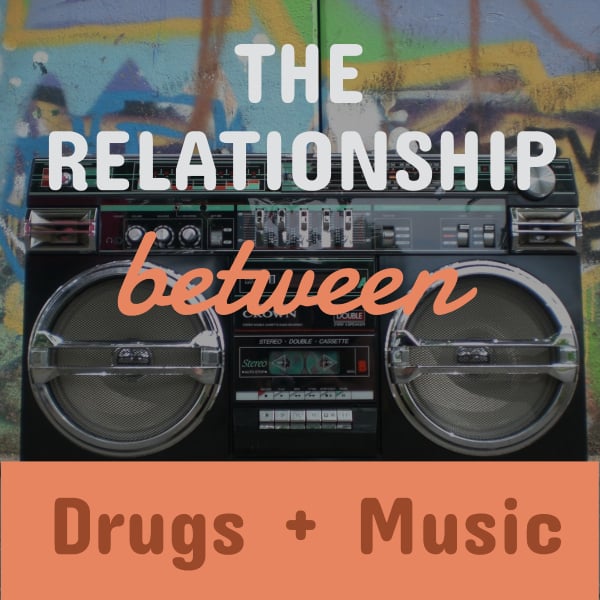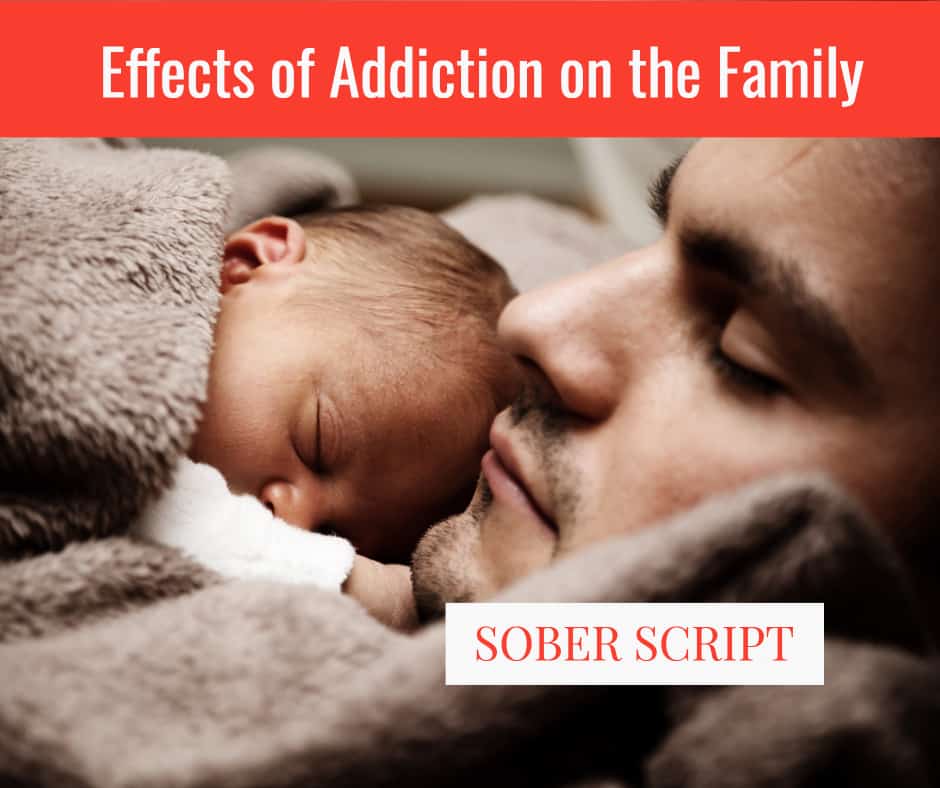How Social Media is Influencing Drug Abuse & Addiction
The introduction of social media has entirely changed how people communicate, particularly teenagers and young adults. Young people are not only the most active audience on social networking sites, but they’re also the common victims and perpetrators of peer pressure.
According to the Pew Research Center, around 63% of adolescents admit to using social media on a daily basis, while 45% say they use it nearly constantly. That’s a lot of time being exposed to the lifestyles of millions of other users, many of which flaunt the use of drugs and alcohol in their feed.
It’s understandable to be concerned about how young people are being influenced by online discussion of substance use, especially if you have a young family member. This article will examine what ways excessive social media could be influencing drug use and what can be done about it.
Social Media Use and Drug Addiction Rates
The relationship between excessive use of social media and drug addiction rates has been widely studied in the past decade. According to a study released by the National Center of Addiction and Substance Abuse (NCASA), teenagers who use common social networking sites on a daily basis are substantially more likely to use drugs and alcohol.
The research showed that the group of teenagers who admitted to using social media frequently (as opposed to those who used it rarely or never) were five times more likely to purchase cigarettes, three times more likely to drink alcohol and twice as likely to smoke weed.
Despite these statistics, most teenagers view social media in a neutral lens and do not believe it affects them positively or negatively. For the majority of young people, social media is just a part of life. The most popular social media platforms today include Facebook, Instagram, Snapchat, Twitter, Tik Tok, Tumblr and Reddit, amongst others.
Fear of Missing Out (FOMO)
There are several avenues on social media where your child or young family member could be seeing glamorized substance use, whether it’s from mainstream celebrities, social media influencers or from their own social circle. Even if you know their friends personally, young people often don’t just follow their own friends, but also various acquaintances, classmates, friends of their friends, and friends of their friends’ friends. The list goes on.
It’s not uncommon to see drug users flaunting their habits on social media. This is commonly done by posting photos and videos of them smoking, drinking or otherwise participating in drug and alcohol use. Often this media can be live footage, or posted while it’s happening, usually during a social gathering, a party or another setting that seems “fun”.
Seeing these occurrences on social media can result in a phenomenon referred to as FOMO, or “fear of missing out”. FOMO is described as anxiety or worry that others are having fun, exciting and interesting events without you. Young people are extremely susceptible to experiencing FOMO through their social media feed. This phenomenon goes hand in hand with modern day peer pressure and is one of the main ways teens are encouraged to try drugs and alcohol today.
Social Media and Mental Health
There’s no doubt that poor mental health is linked to substance abuse. People with mental health disorders are more vulnerable to developing an addiction to drugs and alcohol, and likewise, drug and alcohol addiction worsens your mental health. However, in recent years, researchers have also found a connection between social media and poor mental health, particularly in young internet users.
Recent studies have shown that around 27% of children who spend more than two hours a day on social media show symptoms of poor mental health. Many professionals theorize that social media can heavily contribute to teenagers having low self-esteem, due to high beauty standards and the use of photo editing to enhance one’s looks. This kind of foul play can damage the way young people think about their own bodies.
Social media influencers often promote diet products and methods that can lead to viewers developing eating disorders. In a similar sense, viewing other people’s glamorized lifestyles can lead to teenagers experiencing symptoms of anxiety and depression. The path from exhibiting poor mental health to developing a substance abuse disorder is a very fast, slippery slope.
Purchasing Drugs Through Social Media
One of the great aspects that the invention of the internet has brought is facilitation to find, buy and sell products online.
Unfortunately, this also applies to illegal substances. Before the internet, drug transactions happened in real life, which sometimes made it harder to obtain, especially for underage users who don’t have connections. In the age of social media, that has all been made much easier to find.
While most popular mainstream social media apps state in their terms and conditions that users are not allowed to purchase, sell or trade illegal substances, it is surprisingly easy to slip by this rule. In fact, approximately 73% of users who reported purchasing drugs admitted to having done so over social media.
How to Talk to Your Young Family About Social Media and Drug Abuse
It’s no doubt that this aspect of social media can seem frightening, especially if you have a child or a young family member that is constantly on the internet. It’s important to note that just because a young person might use social media on a regular basis, that doesn’t mean they are necessarily being exposed to drug and alcohol use online.
However, there is no shame in wanting to take precautions to make sure your child or young loved one doesn’t become vulnerable to drug abuse glorification. After all, the statistics for teenagers using illegal substances are clear. According to the Centers for Disease Control, one in every five teenagers has reported abusing prescription medications.
The most useful step you can take to help your child make the right choices when it comes to drugs and alcohol is to maintain an open line of communication. Your child should feel safe to come to you with any questions they have about drugs and alcohol and be able to receive an educated and truthful response.
As early as possible, you should be ensuring that they receive proper education about the dangers of drug and alcohol use. In a similar vein, encourage discussions about how social media is affecting them and their friends personally. Understand what is going through their mind when they see substance use in social media, and what their thoughts are on it.
If you suspect your teenager could be developing an addiction to harmful substances, don’t despair. It may be time to consider contacting a local counselor or a teenage rehab center to explore treatment options for your child.




